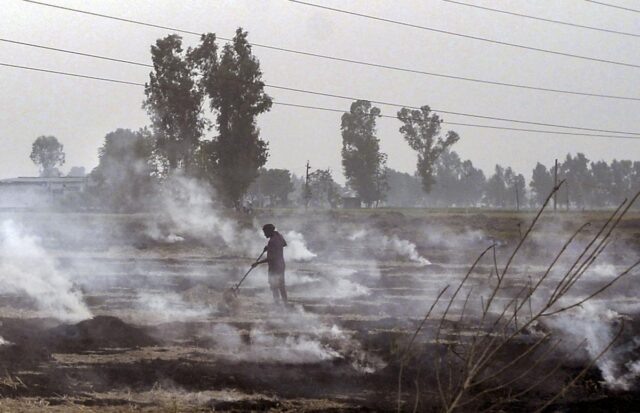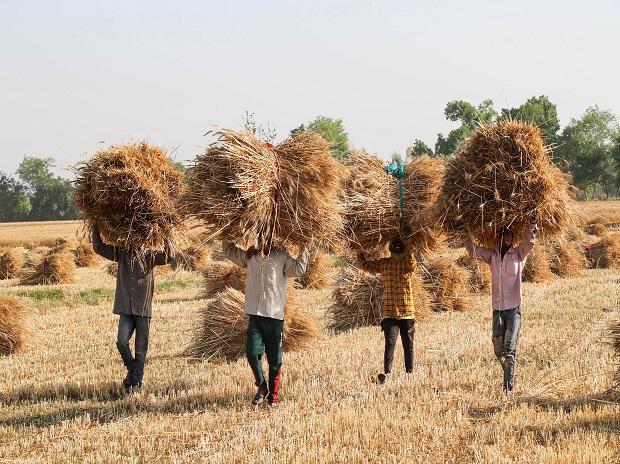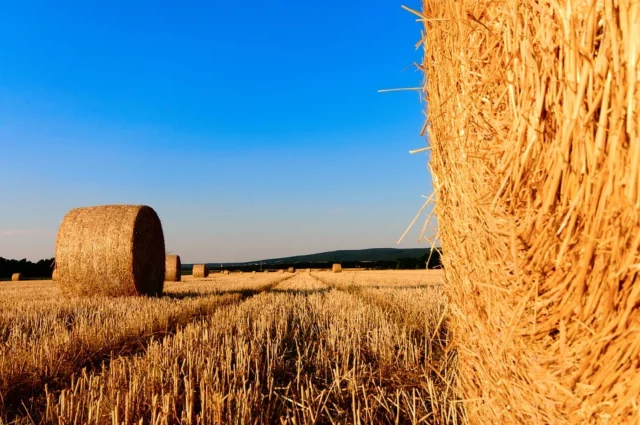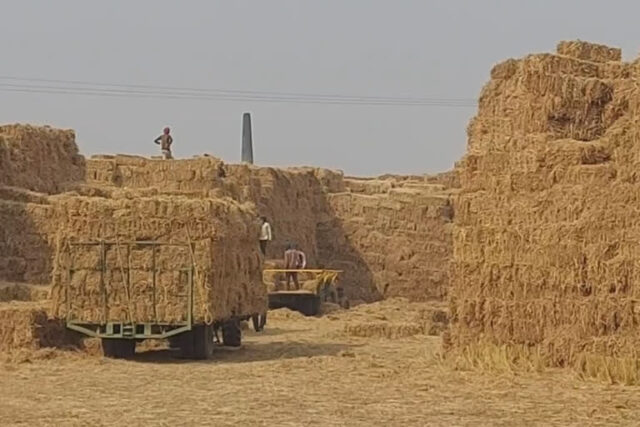Stubble-burning after the harvest season is a major issue in Northern India that causes air pollution. The choking air quality of Delhi has appeared in recent news, and farmland burning is a major cause. In this context, a small hamlet in Punjab has earned a name for achieving zero burning for over five years now.
The village called Bajra is located eleven kilometers from Jalandhar and boasts of being 100% stubble-burning free. According to an agriculture department official in Jalandhar, “Yes, we can confirm that Bajra has successfully managed its stubble and no fires were reported”. This year too, Bajra has not reported any cases of stubble-burning.
Drive For Clean Air
Bajra is spread out over 100 acres and grows mainly paddy, wheat, potato, and maize crops. Farmers utilize the limited time they have between two crops to clear their fields via alternative methods.
They are not deterred by the expensive and time-consuming nature of these methods. Both small and large farmers use machinery like the seeder and the baler as much as they can. The super seeder is used to plough the baler back into the soil.
The baler machines make bales or stacks of the stubble which are then used as fodder by cattle rearers.
This environmental movement in Bajra was pushed by farmers, sarpanches, and conscious individual residents like Dr. P.L. Bakhshi. These people’s insistence and to some extent fear of local authorities are factors that eventually persuaded Bajra’s farmers to abandon stubble burning.
The sarpanch of Bajra, Avinash Kumar, said, “We use all our force to not let anyone use fire to burn stubble. Whatever we are able to provide, be it tractor or machinery, we provide it to farmers”. He also said that stern police action is swiftly taken against anybody resorting to farm fires.
Read More: Uttarakhand Has Been Burning For 4 Days With Over 46 Wildfires Burning Down 52 Hectares Of Land: How?
Benefits Of Avoiding Farm Fires
Alternative methods of clearing stubble can increase the yield of food. Maninder Singh, a Bajra farmer who has not burnt stubble since 2013, said, “We push our stubble back into the soil. Last time, after using super seeder, we got two quintals of extra wheat”.

Also, better yield and value for money are benefits that come besides control of air pollution. Local farmer Sukhwant Singh said, “It (stubble management) not only reduces pollution in the air but is more beneficial for the wheat or potatoes we grow. Ploughing the stubble back into the soil results in better yield at the end of the season. Even use of fertilizer is less, thus saving money”.
Other Efforts
A Ludhiana-based company Farm to Energy had started collecting stubble free of cost from farmers. In 2015, they gathered stubble from 900 acres of land, while this year they aim to procure from 22,000 acres of land. The company supplies the collected stubble to power and other plants which manufacture biomass products.
Incentives, certification and other rewards are given to farmers who refrain from burning paddy stubble.
For instance, recently in Jalandhar over 100 farmers were certified for not burning stubble in five years. In order to achieve zero burning, mechanized management of fields is encouraged, which will lead to a cleaner and greener environment for ourselves and future generations.
Disclaimer: This article is fact-checked
Sources: The Print, Hindustan Times, The Indian Express
Image sources: Google Images
Find The Blogger: shoomedha
This post is tagged under: this punjab village is completely free from stubble burning, village stubble burning free, stubble burning, farm fires, air pollution, stubble burning affects clean air, envirnomental pollution, advantages of seeder and baler, mechanised farming, air pollution in delhi, air pollution in north india
Disclaimer: We do not hold any right, copyright over any of the images used, these have been taken from Google. In case of credits or removal, the owner may kindly mail us.
Other Recommendations:
Maharashtra Village Does Daily Digital Detox Compulsory To Have Real Conversations







































